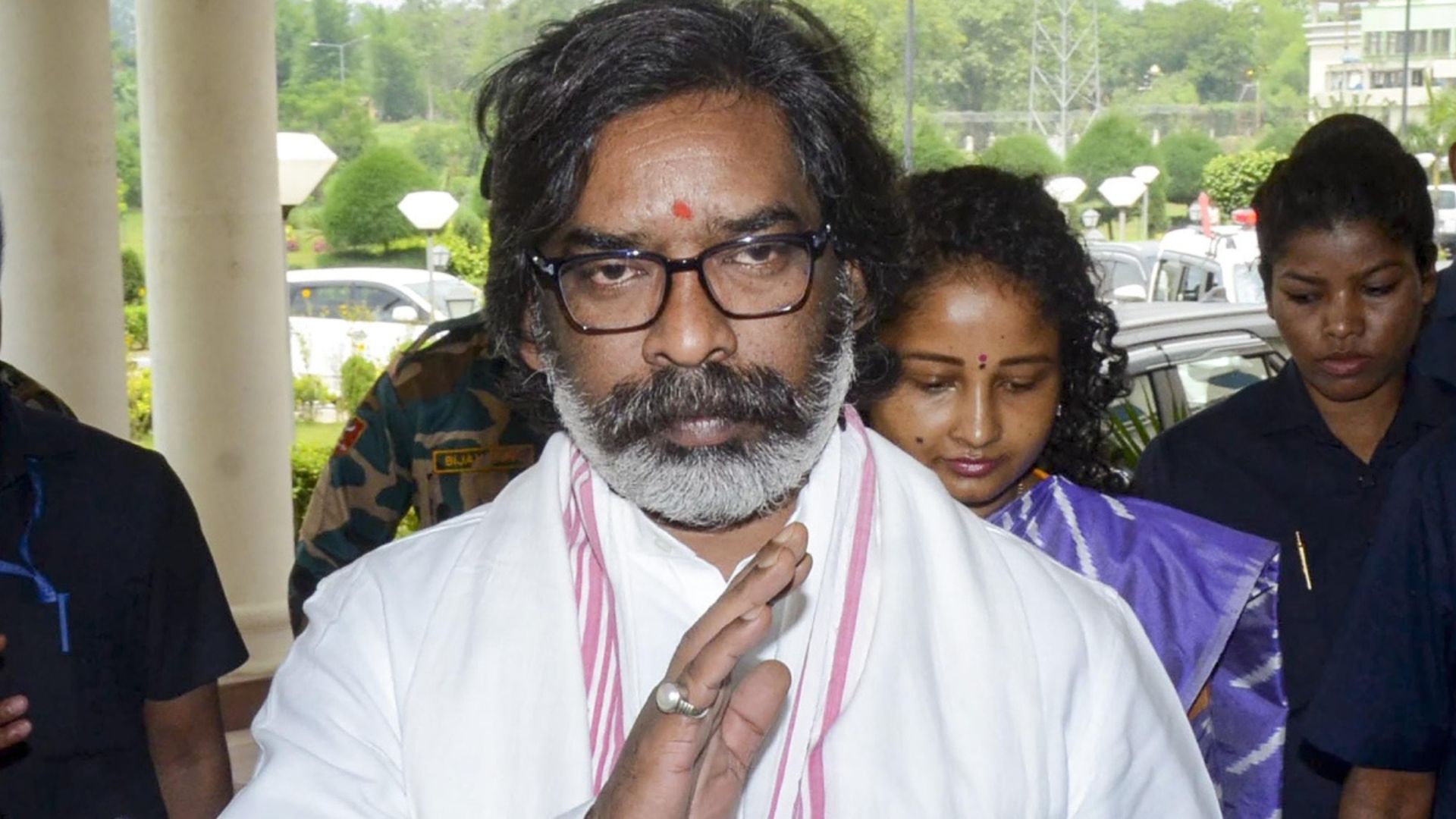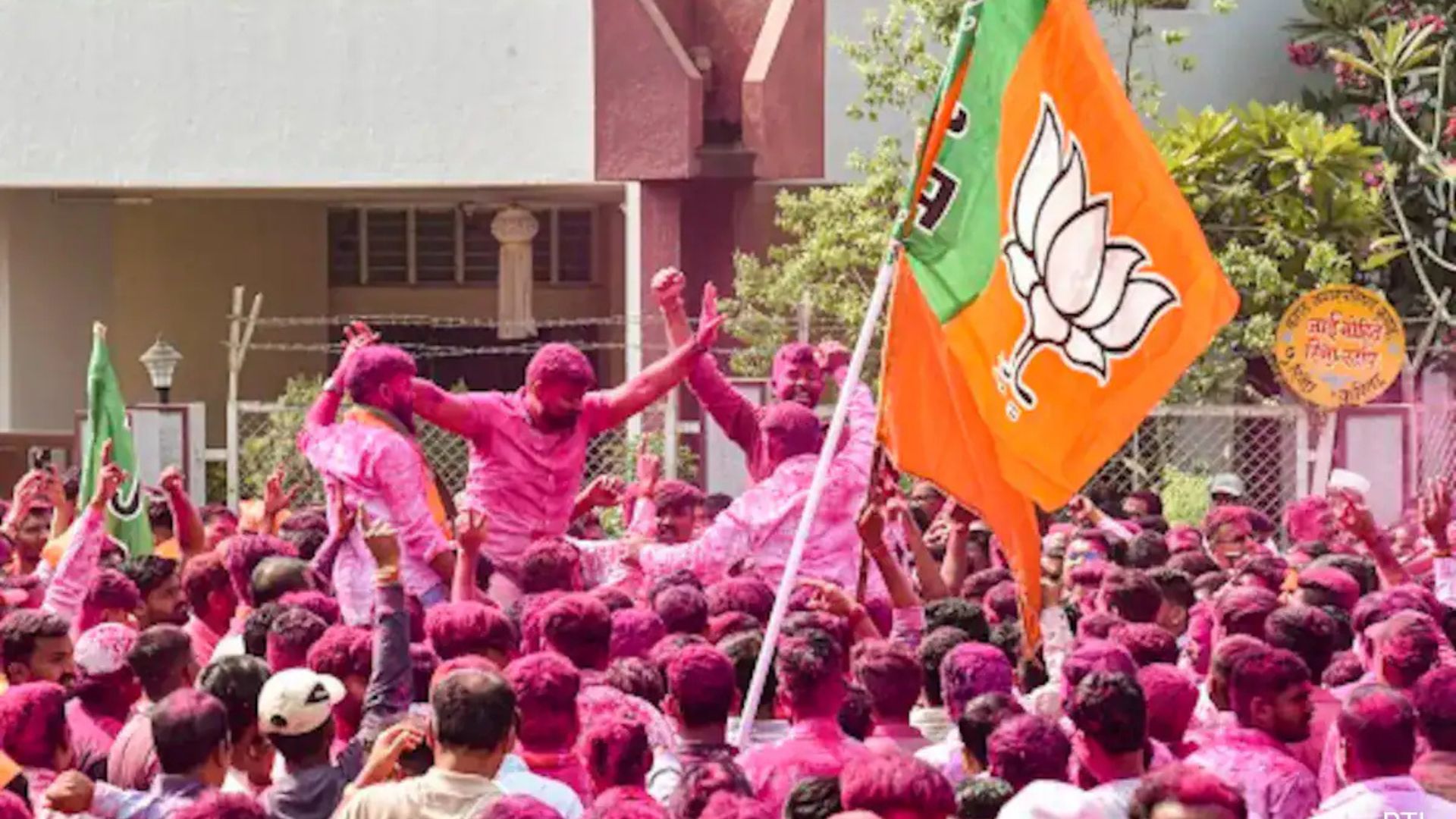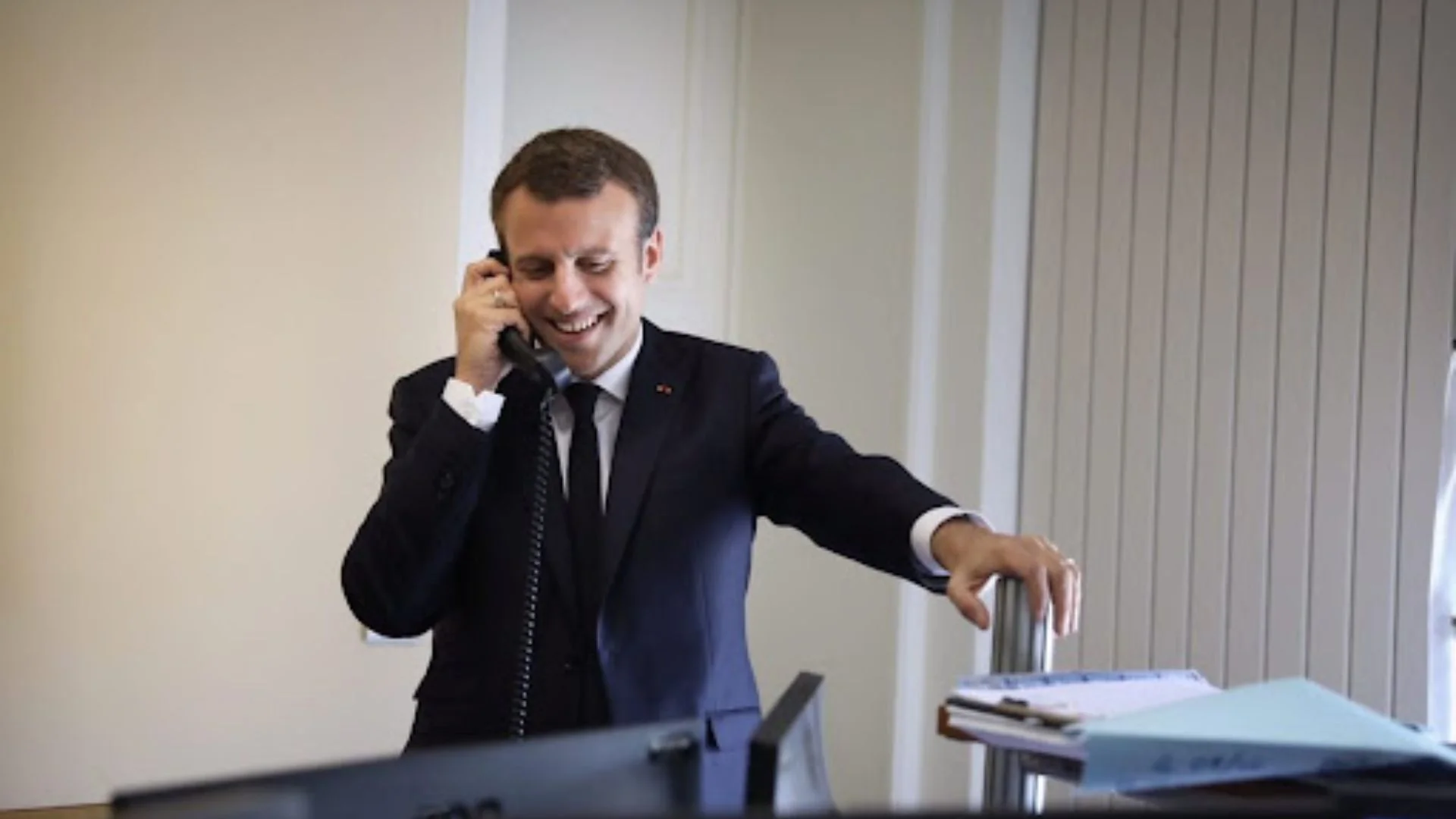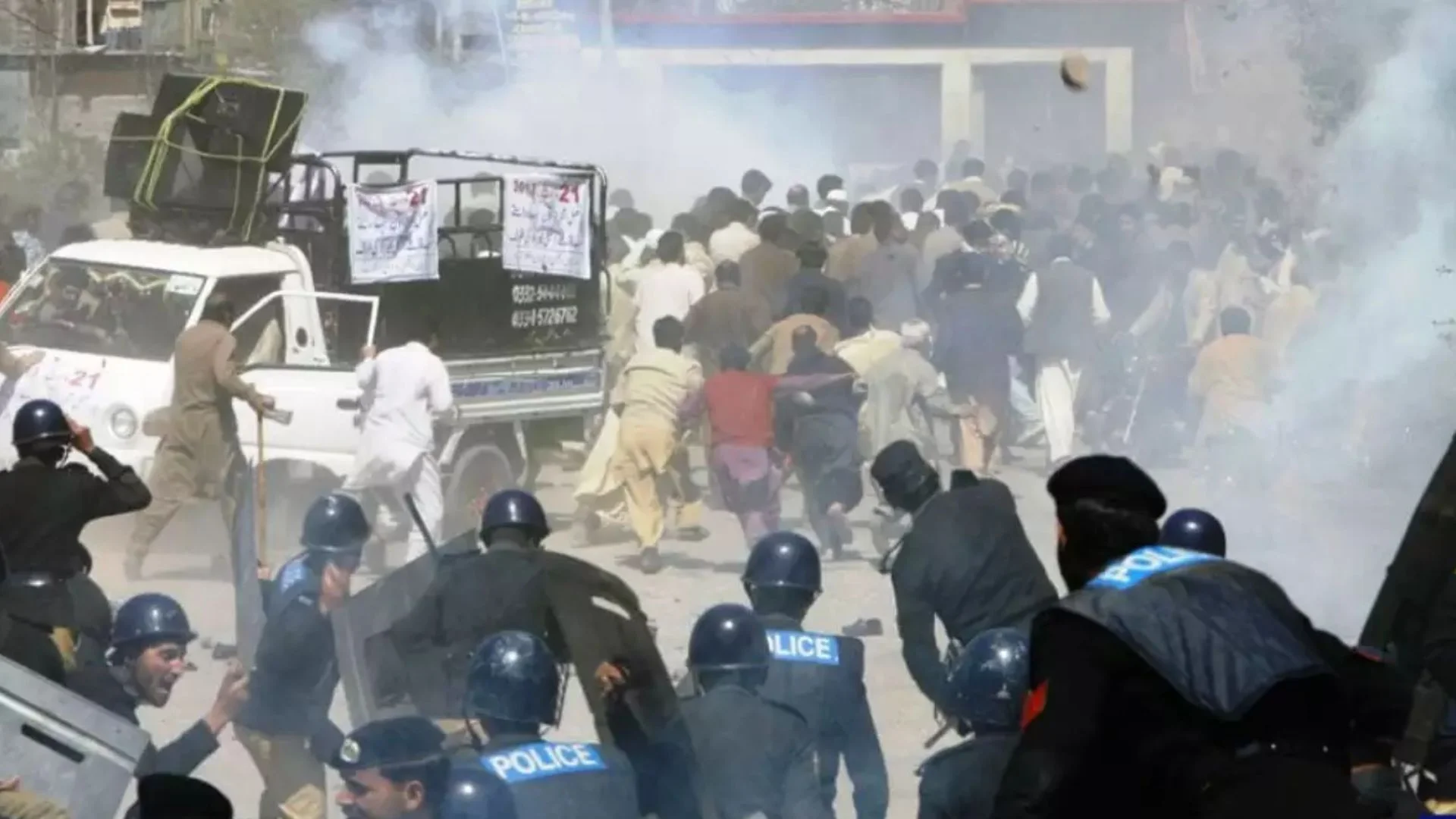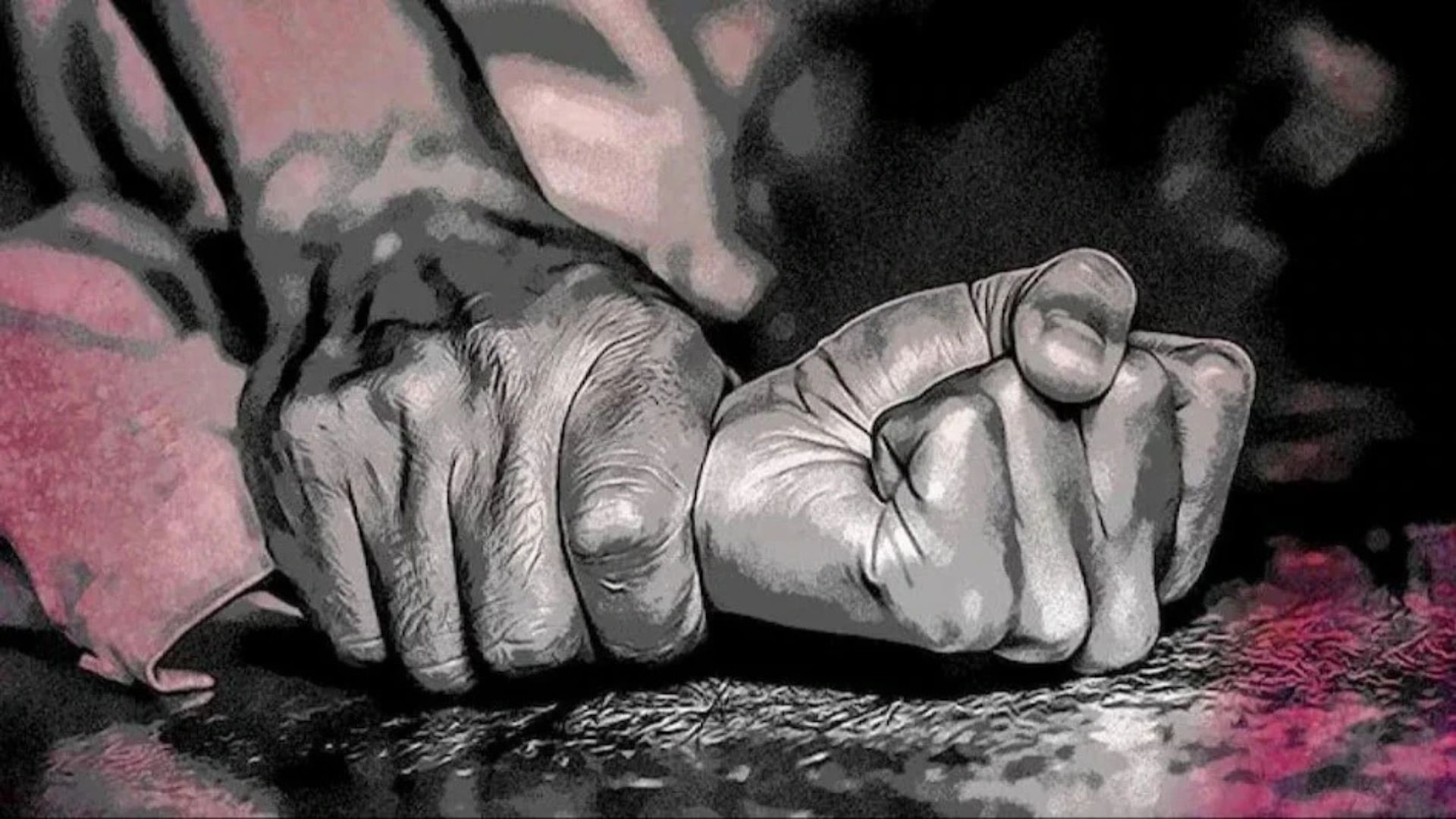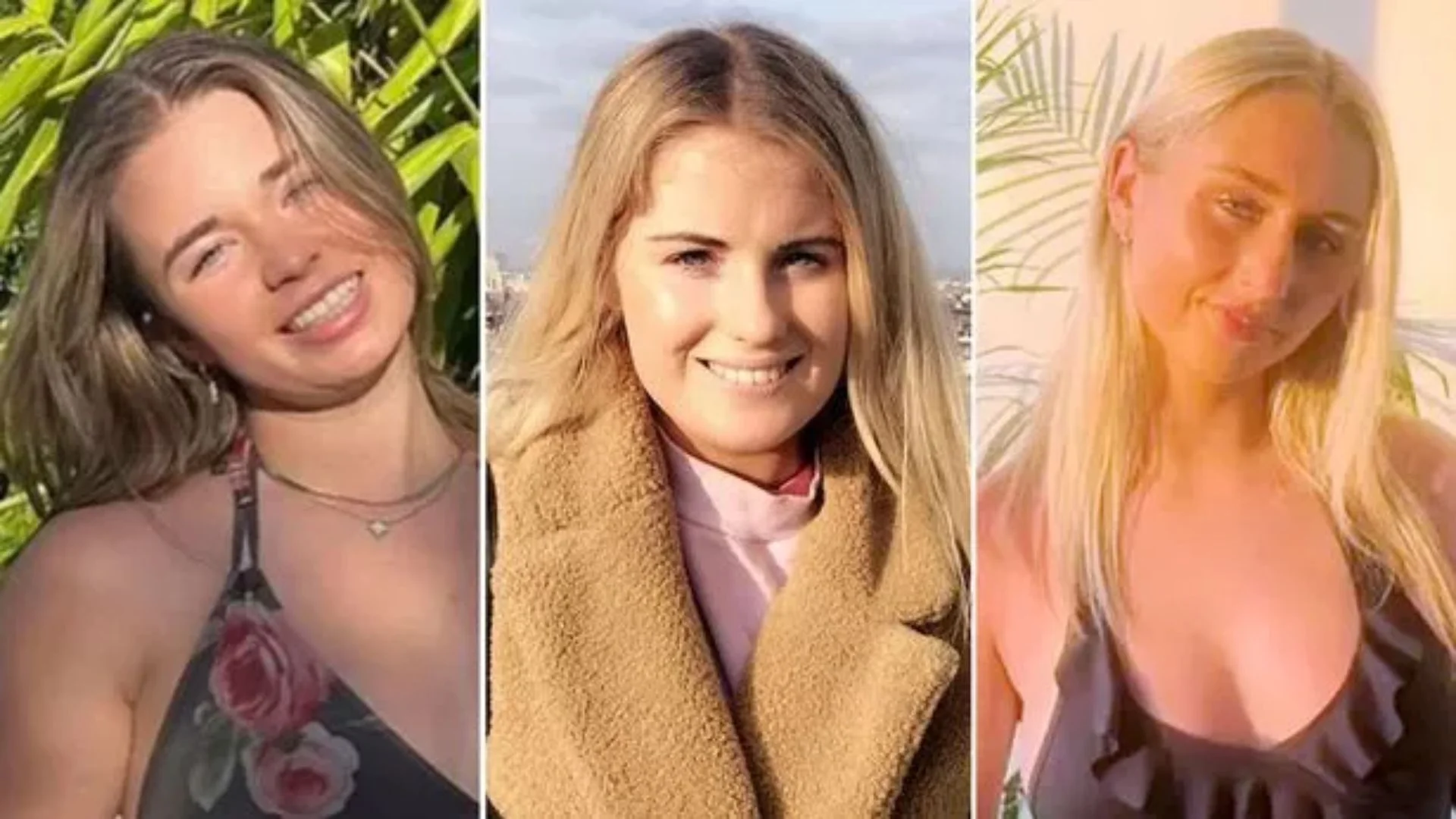
Chief Justice of India D.Y. Chandrachud on Wednesday agreed to list early a series of petitions seeking the criminalisation of marital rape. Senior advocate Indira Jaising and advocate Karuna Nundy jointly mentioned the case for urgent listing before the Chief Justice’s Bench.
The court said the case would require a three judge Bench, and agreed to list it early. In an earlier hearing, Solicitor General Tushar Mehta, for the Union government, had said the case had not only legal ramifications but widespread social impact.The petitions are largely triggered by decisions from the Karnataka and Delhi High Courts, requiring an authoritative pronouncement from the apex court.
The Karnataka High Court had held that a husband was liable to be charged for rape if he had forcible sex with his wife. The Karnataka Government had supported the High Court judgment in an affidavit in the apex court subsequently.
Exception Two to Section 375 of the IPC decriminalises marital rape and holds that sexual intercourse by a man with his own wife, who is not under 18 years of age, without her consent is not rape.
“A man is a man; an act is an act; rape is a rape, be it performed by a man the ‘husband’ on the woman ‘wife’,” the Karnataka High Court had observed in its decision, saying an accused should be brought to trial regardless of the immunity in the penal code.
A Division Bench of the Delhi High Court had, however, in May 2022, delivered a split verdict in a separate case on the identical issue. Justice Rajiv Shakdher, who headed the two judge Bench, had struck down as unconstitutional the Exception Two to Section 375 of the Indian Penal Code (IPC).
However, Justice C. Hari Shankar, the associate judge on the High Court Bench, had rejected the plea to criminalise marital rape, noting that any change in the law should be carried out by the legislature since the issue required consideration of various aspects, including social, cultural, and legal.
Mehta had asked Chief Justice Chandrachud whether the apex court should wait till a three judge Bench of the Delhi High Court delivered its decision in the case. But the CJI said the apex court already had the benefit of the crystallised views of two judges and would go forward and hear the petitions.
The Karnataka Government has referred to the report of the Justice J.S. Verma Committee of 2013, which had recommended the removal of the exception for marital rape and proposed that the law should specify that “marital or other relationship between the perpetrator or the victim is not a valid defence against the crimes of rape or sexual violation.”
The petitions, including one by activist Ruth Manorama, had argued that the Exception undermined women’s consent to sex and violated bodily integrity, autonomy and dignity. 9.9 out of 10 cases of sexual assault in India go unreported.
According to the National Crime Records Bureau, it is evident that approximately 95.6% of rape offenders in India are known to the victims. Among the reported rape cases, 2,502 were committed by family members, although it remains unclear whether these family members were married to the victims. However, it is crucial to note that these figures do not account for unreported cases.
An NGO dedicated to women’s welfare has brought attention to the fact that sexual and physical violence often go hand in hand, and they categorize marital sexual violence under spousal violence. The NGO’s report highlights that physical violence is the most common method used to coerce wives into engaging in sexual acts. While the report acknowledges a decline in reported cases, it emphasises that women’s experiences have remained consistent.
Among the reported cases, 45.4% of married women have faced both physical and sexual violence, leading to injuries such as cuts, burns, broken bones, and teeth, among others.
The recent publication emphasises the continued relevance of spousal sexual violence, revealing that 82% of married men were sexually violent towards their current wives, and 13.7% of former husbands were also perpetrators.
Considering the NGO’s data, it is alarming to note that 9.9 out of 10 cases of sexual assault in India go unreported. This highlights the urgent need for greater awareness, support, and measures to address this pressing issue.
